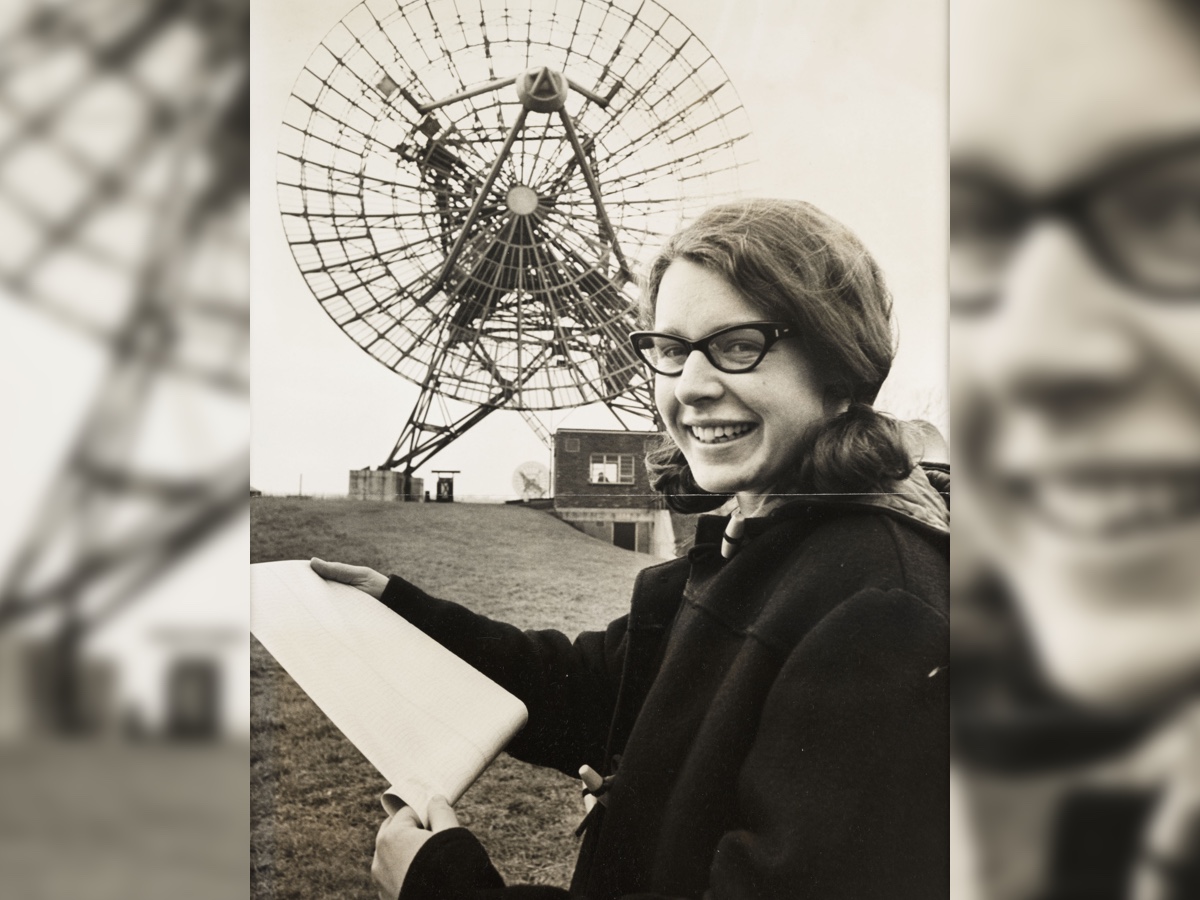Robbed of Nobel, Female Physicist Blazed Her Own Amazing Trail: Watch Her Speak Tonight
Jocelyn Bell Burnell, astrophysicist extraordinaire who helped discover radio pulsars while a graduate student in 1967 (though only her adviser was recognized when the discovery snagged a Nobel Prize in physics in 1974), is getting long-overdue recognition.
Bell Burnell, now a visiting professor of astrophysics at the University of Oxford and chancellor of Scotland's University of Dundee, was awarded the weighty Breakthrough Prize in physics in September for her pulsar discovery and science leadership.
And tonight (Oct. 25), Bell Burnell will speak to an audience at the Perimeter Institute for Theoretical Physics in Ontario, Canada, about her life-changing discovery and how she persisted despite being passed up for the Nobel 44 years ago to become the prominent scientist she is today. You can watch the talk right here on Live Science.
You'll hear more about that serendipitous moment at the University of Cambridge in England when she noticed something peculiar in the experimental data collected by a radio telescope: a pulse that repeated about every 1.3 seconds. Bell Burnell and her colleagues dubbed the wonky signal "Little Green Man-1" after those aliens that may have produced it. She soon realized, after seeing the signal in more data, that the signal was the result of rapidly spinning stellar corpses — neutron stars — that emit beams of radiation. [The 18 Biggest Unsolved Mysteries in Physics]
She had discovered pulsars.
"Jocelyn Bell Burnell's discovery of pulsars will always stand as one of the great surprises in the history of astronomy," Edward Witten, chairman of the selection committee for the Fundamental Physics Breakthrough Prize, said in a statement.
"Until that moment, no one had any real idea how neutron stars could be observed, if indeed they existed. Suddenly, it turned out that nature has provided an incredibly precise way to observe these objects, something that has led to many later advances."
Get the world’s most fascinating discoveries delivered straight to your inbox.
In addition to the actual astrophysics, Bell Burnell has also advocated for women and other underrepresented groups in the field of physics. (For instance, she plans to use the $3 million Breakthrough Prize to fund these groups in their physics research.)
Tune in tonight for her Perimeter Institute talk entitled, "'What is that?!' The Discovery of Pulsars: A Grad Student's Story.'
Originally published on Live Science.
Jeanna Bryner is managing editor of Scientific American. Previously she was editor in chief of Live Science and, prior to that, an editor at Scholastic's Science World magazine. Bryner has an English degree from Salisbury University, a master's degree in biogeochemistry and environmental sciences from the University of Maryland and a graduate science journalism degree from New York University. She has worked as a biologist in Florida, where she monitored wetlands and did field surveys for endangered species, including the gorgeous Florida Scrub Jay. She also received an ocean sciences journalism fellowship from the Woods Hole Oceanographic Institution. She is a firm believer that science is for everyone and that just about everything can be viewed through the lens of science.
 Live Science Plus
Live Science Plus






